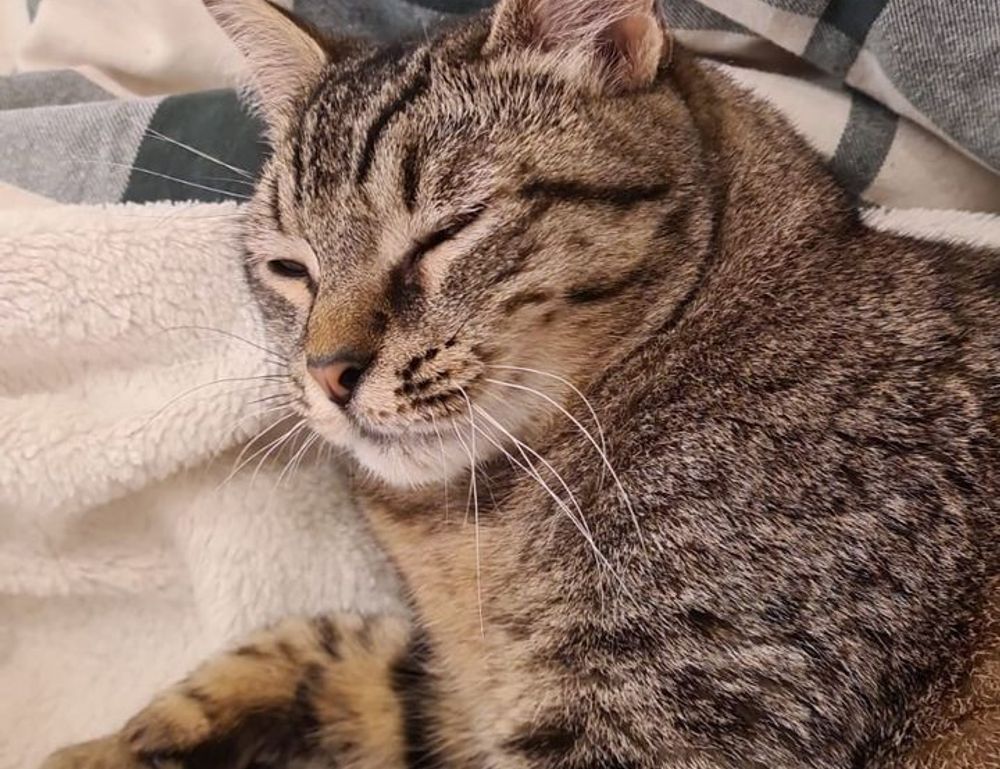Understand What You’re Up Against
Game Overdertoza isn’t just a fun distraction gone rogue. It’s designed to keep players locked in. From dopamine hits to social immersion, it’s built to pull you in deeper—every sound, levelup, and flashy leaderboard keeps your brain craving more.
Before you can move forward, recognize the pattern. You’re not just wasting time—you’re investing attention, emotion, and mental energy into someone else’s game engine. Recognizing the trap is the first escape route.
Spot the Signs
You might not even realize how bad it is. Look for the common red flags:
Skipping meals or sleep just to keep playing Avoiding social situations or responsibilities Feeling irritable or anxious when not playing Lying about how much you play
Use those signs as indicators, not labels. Addiction thrives in denial. Honesty with yourself is the reset button.
Why It’s Hard to Quit
It’s not just willpower. Let’s break it down.
Games stimulate reward pathways. They’re predictable in ways real life isn’t. You level up after effort. Goals are clear. Rewards come quickly. Life doesn’t work that way—and your mind knows it.
That’s why cold turkey usually fails. Simply deleting the app or game might not work if you haven’t replaced it with something meaningful. You need a strategy, not a detox fantasy.
Create Friction
Make gaming less convenient. Practical tweaks add resistance and help break autopilot habits.
Turn off notifications Delete saved logins Move the game to a hidden folder or separate device Use timers or parental control software—even for yourself
Less access equals less temptation. You’re not removing the option entirely—you’re just slowing the impulse.
Find the Backup Reward
What are you getting out of gaming? Escape? Competency? Social status?
Figure out what itch the game is scratching. Anything you use a game for can often be found in realworld alternatives: Want connection? Try group fitness, live events, or volunteering Crave structure and goals? Build a habit tracker or dive into fitness or learning apps Looking for escapism? Try fiction, music, or even meditation—minus the screen
Give your brain a satisfying replacement. Halfeffort substitutes won’t stick. Purposebuilt alternates will.
Set Hard Limits—Then Succeed Outside the Screen
Time limits are a great place to start. Set a max timeperday cap. But don’t stop there.
Stack your schedule with lowfriction wins. Easy accomplishments that aren’t from games—like working out for 10 minutes, cooking one meal, or finishing a book chapter. These build momentum, boost dopamine ethically, and prove that you can get satisfaction from real life.
Remember: don’t just stop playing. Start doing.
Get Accountable
Going solo usually leads to relapse. Tell someone what you’re doing. That could be: A trusted friend who checks in weekly A therapist specializing in behavioral addiction An online support group or forum
Accountability transforms vague goals into sharp ones. It also strengthens your commitment and provides reinforcement on tough days.
Go AllIn on Your Hobbies
When’s the last time you got lost in something offline? Not just avoiding games—but replacing them with something engaging.
Play an instrument. Hit the gym. Learn to cook. Build something. Create art. The goal isn’t just distraction—it’s to build an identity beyond the screen.
You don’t have to be perfect at it. You just need to be interested. Passion is the longgame cure. When you pour time into something real, escaping into digital worlds becomes less tempting.
Deal with Root Causes
Hard truth: addiction’s often a symptom, not just a behavior. Maybe it’s anxiety, loneliness, low selfworth, or depression fueling the pattern.
Don’t shy away from therapy or coaching. It’s not about talking—it’s about the tools. Real help from a professional can massively reduce your dependence on games as a coping strategy.
Working on your internal world shrinks the need for digital escape.
Reset Your Environment
Your space impacts your behavior. If your desk, room, or couch screams “gaming zone,” reinvention becomes almost impossible.
Reclaim that space: Move the console or gaming rig to a shared area Set up your workspace for reading, writing, or another hobby Make your bed, clean your room—change clutter into clarity
Physical change triggers mental reset. Your environment should match your goals.
Track Your Wins
Logging your victories reinforces change. Keep it easy: Journal entries A habittracking app Sticky notes on the wall
Celebrate streaks—not perfection. Every hour not spent gaming is a win. Let momentum do the rest.
Keep It One Day at a Time
Overthinking longterm change leads to burnout. Don’t worry about “forever.” Focus on today.
Ask this daily: Have I done at least one thing that moved me forward today?
If yes—you’re good. If not—adjust. That’s the rhythm of real progress.
Get Help If It’s Too Heavy
Serious addiction may require clinical intervention. If your gaming habits are destroying relationships, killing performance at school or work, or damaging your health…it’s time to bring in a pro.
Support exists. Use it. It’s not weakness. It’s wisdom.
Final Thoughts on How to Get Over from Game Overdertoza Addiction
Rewiring your brain and lifestyle isn’t quick and clean. But you can do it. Figuring out how to get over from game overdertoza addiction means taking small, deliberate steps forward—every day.
Replace, restructure, and reengage with your actual life. The dopamine hits are still there—they’re just waiting for you on the other side of effort.
